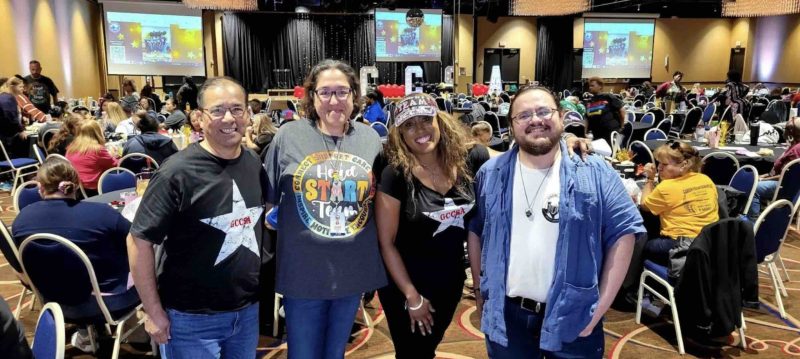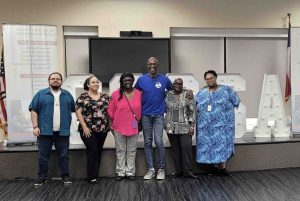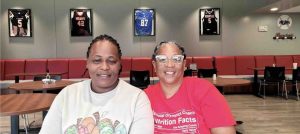
United Labor Unions Local 100 mobilizes low- and moderate-income Southern workers to demand the recognition and resources they deserve. Founded in 1980, the largest independent union in the South chiefly represents African American and Hispanic members in roles including cleaning, healthcare and social services. Acting for workers in Arkansas, Louisiana, and Texas, the union delivers higher wages through collective bargaining, negotiates with employers for stronger workplace protections, and pressures lawmakers to shield marginalized communities from the impacts of the intensifying climate crisis. “In March 2023, tornadoes ripped through Little Rock,” says field director Toney Orr. “Some of our members had no water, no electricity, no transport, their homes were destroyed, yet they were required to come to work. I try to bring the human side of climate change to employers and legislators.” Operating in a region particularly exposed to heat, hurricanes, and floods, the union ties the need for strong labor rights to the climate devastation.

Local 100 members in Houston meeting on contract issues during October 2024.
With a diverse executive board of eight that includes female, Black, and Hispanic representatives, the union’s leadership reflects its more than 1,500 members. The emerging powerhouse leads a new State Organizing Committee, bringing together a coalition of other frontline groups to advocate on behalf of the state’s most vulnerable. “The people that suffer most from climate change are low income workers from disenfranchised communities,” Orr says. “We’re pushing for paid time off, especially for hourly workers who may feel like when disasters hit, they still have to trudge through water, snow and debris to get to work.” During the pandemic, the union secured the right to work remotely for some members, and has succeeded in retaining it – a particularly important gain for the many single mothers in its ranks struggling with childcare costs. Amid soaring insurance premiums, it is demanding states shore up funds for people affected by climate disasters. The union takes a holistic view of issues affecting workers, looking at their domestic environment as well as employment because, as Orr says, “everyone comes home from work to a community.”

Local 100 members at the Arkadelphia Arkansas Human Development Center, helping to organize new members in June 2024.